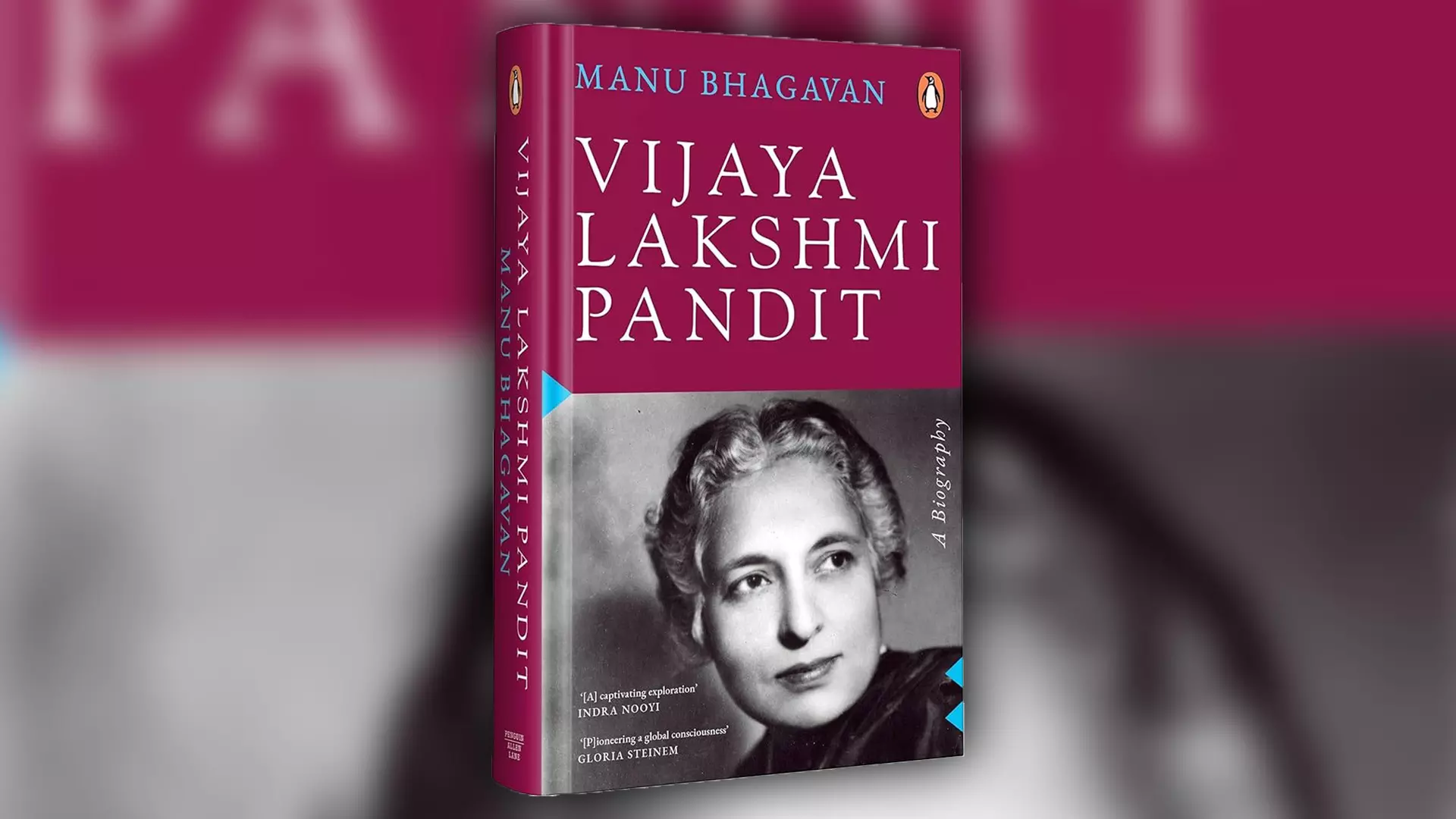- Home
- /
- Book Reviews
- /
- Book Review: Vijaya Lakshmi Pandit
Book Review: Vijaya Lakshmi Pandit
Nikhil Sanjay-Rekha Adsule
1 April 2024 2:32 PM IST
The Second wave of Feminism, challenged the dogmas of essentialism and underlined the primacy of existentialism. Even within the metanarratives that went within feminism, the difference was highlighted by various subsections. The common goal that all strive for was to reclaim the principle of 'being human.' This fight for reclaiming the deliberate erosion of the second sex from the public...
Next Story



